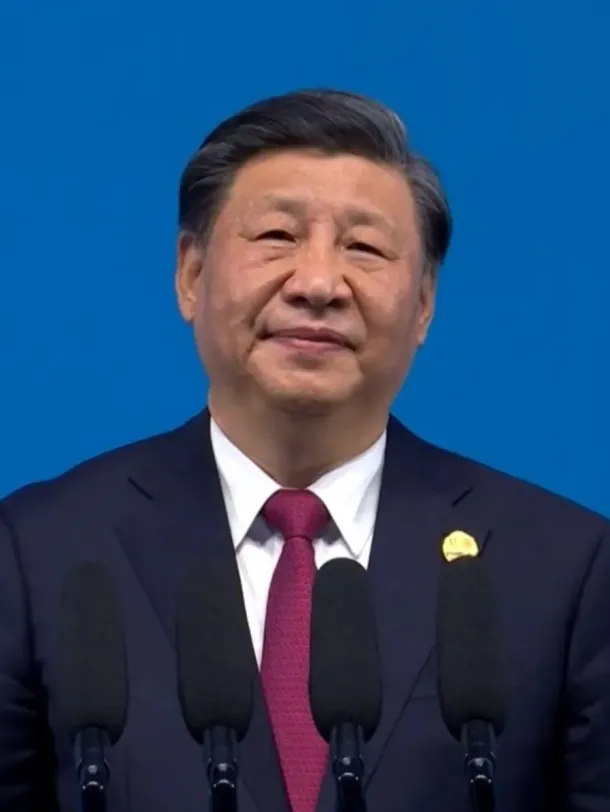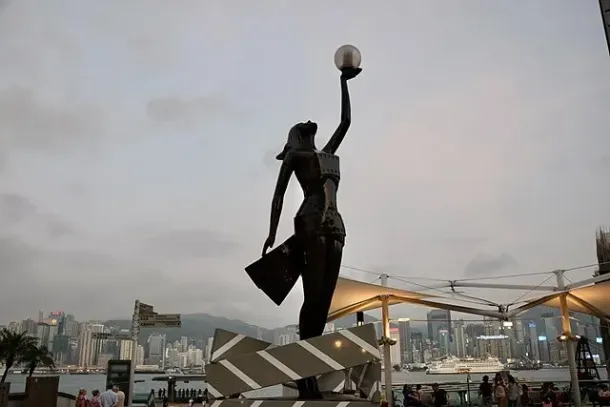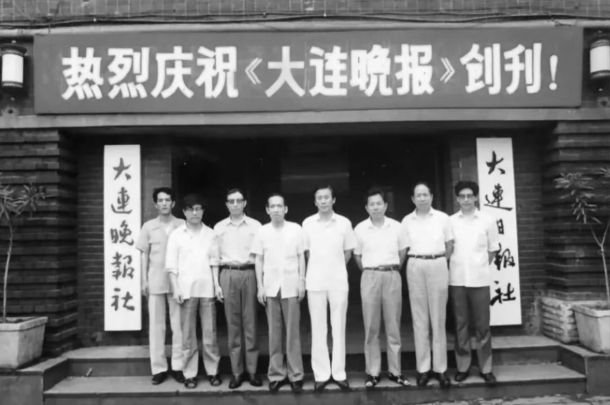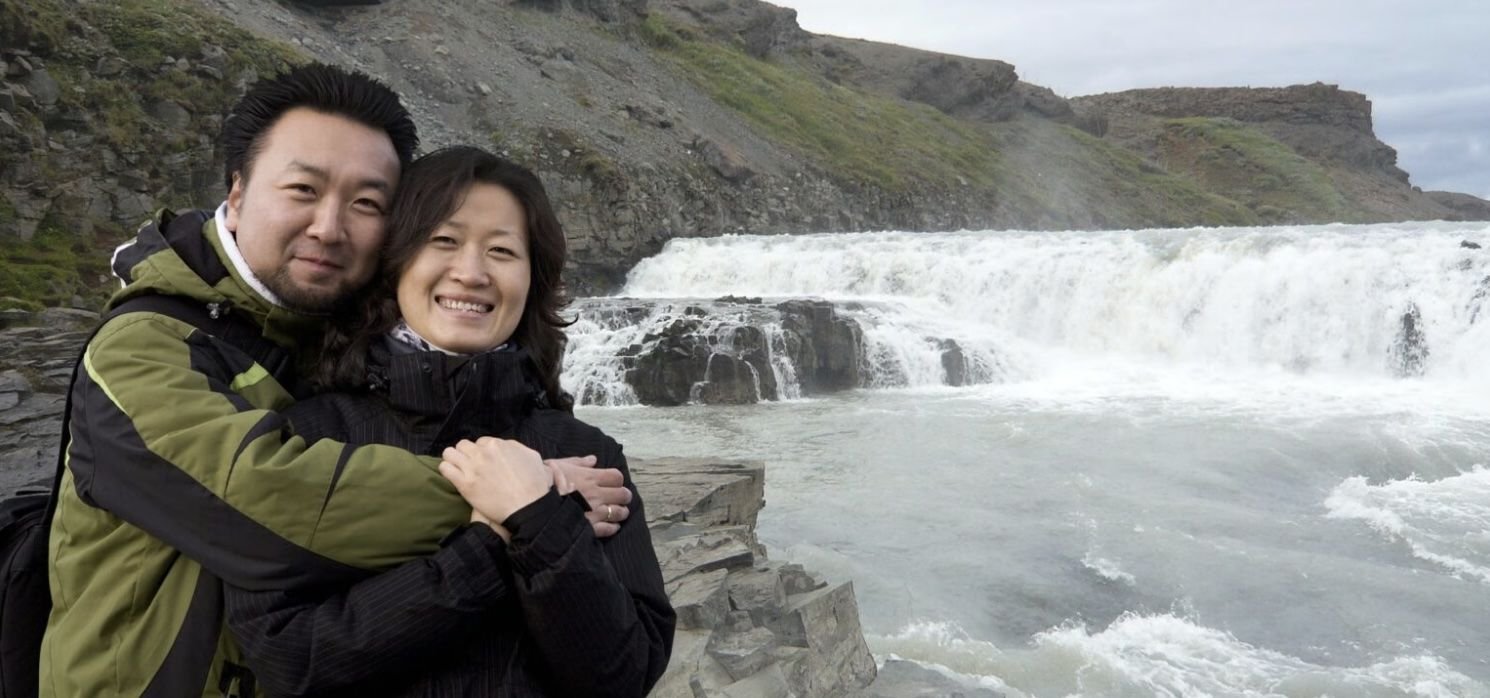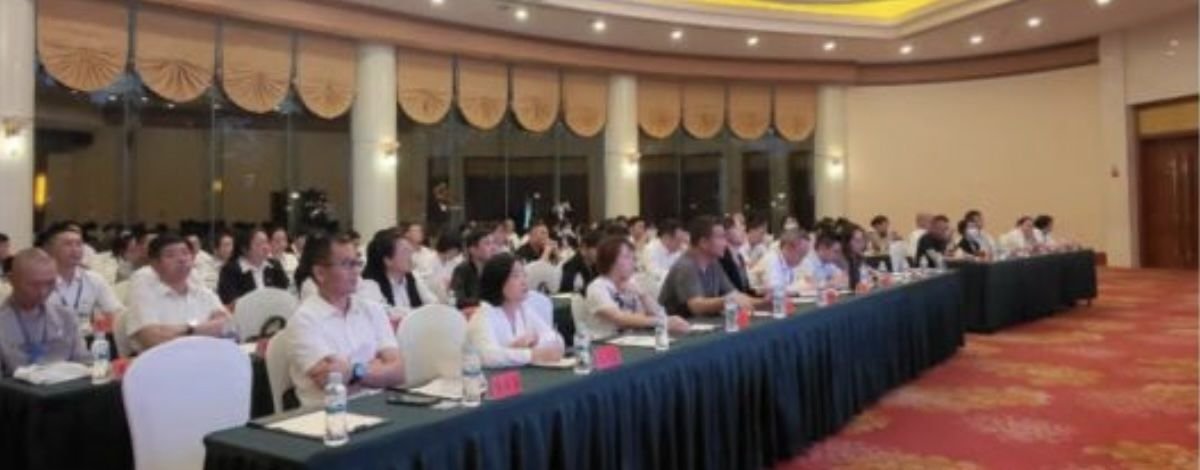False Flags
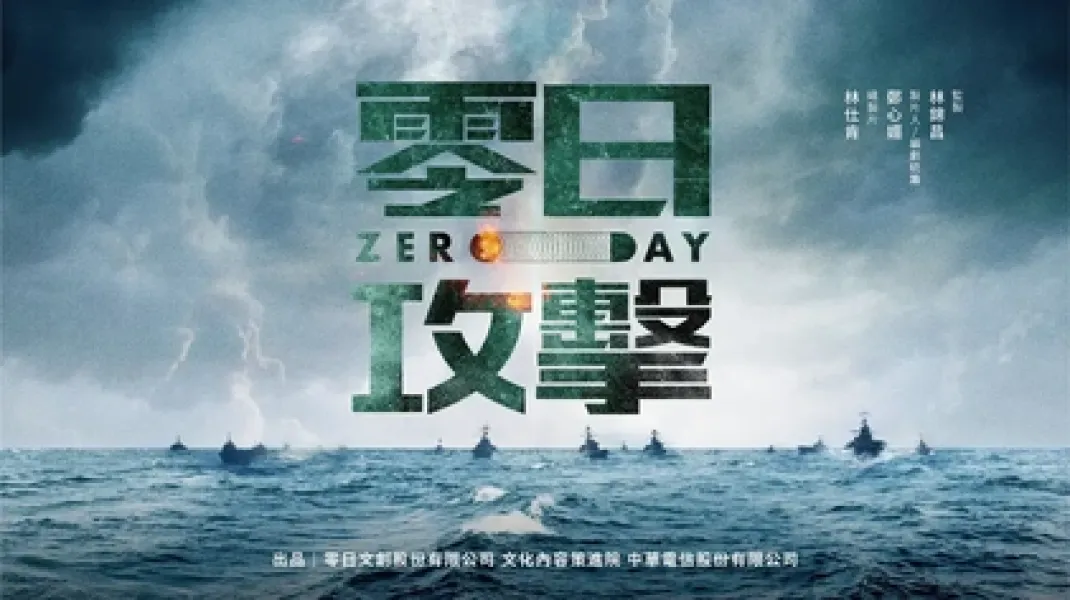
Zero Day Attack (零日攻擊), a 2025 Taiwanese speculative fiction series depicting a fictional People’s Liberation Army invasion of Taiwan, premiered last month on PTS Plus and other streaming platforms in the country. The ten-episode drama, which comes amid rising regional tensions, broke the island’s entertainment industry taboo against portraying Chinese invasion scenarios.
Last week, our sister publication Tian Jian (田間), an online Chinese-language outlet dedicated to journalism and media development, interviewed the directors of the series about their depiction of media infiltration during wartime. The directors reflected on how both traditional media and social influencers can become vulnerable to manipulation in breaking conflict situations. “I’ve always felt anxious about this aspect of media,” director Su I-Hsuan (蘇奕瑄) said of the declining capacity of outlets in Taiwan to accurately inform the public during crisis.
Become a subscriber and stay tuned to Tian Jian on Substack for the upcoming interview.


